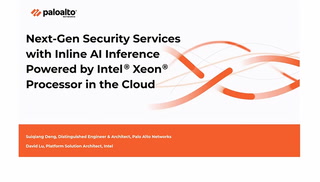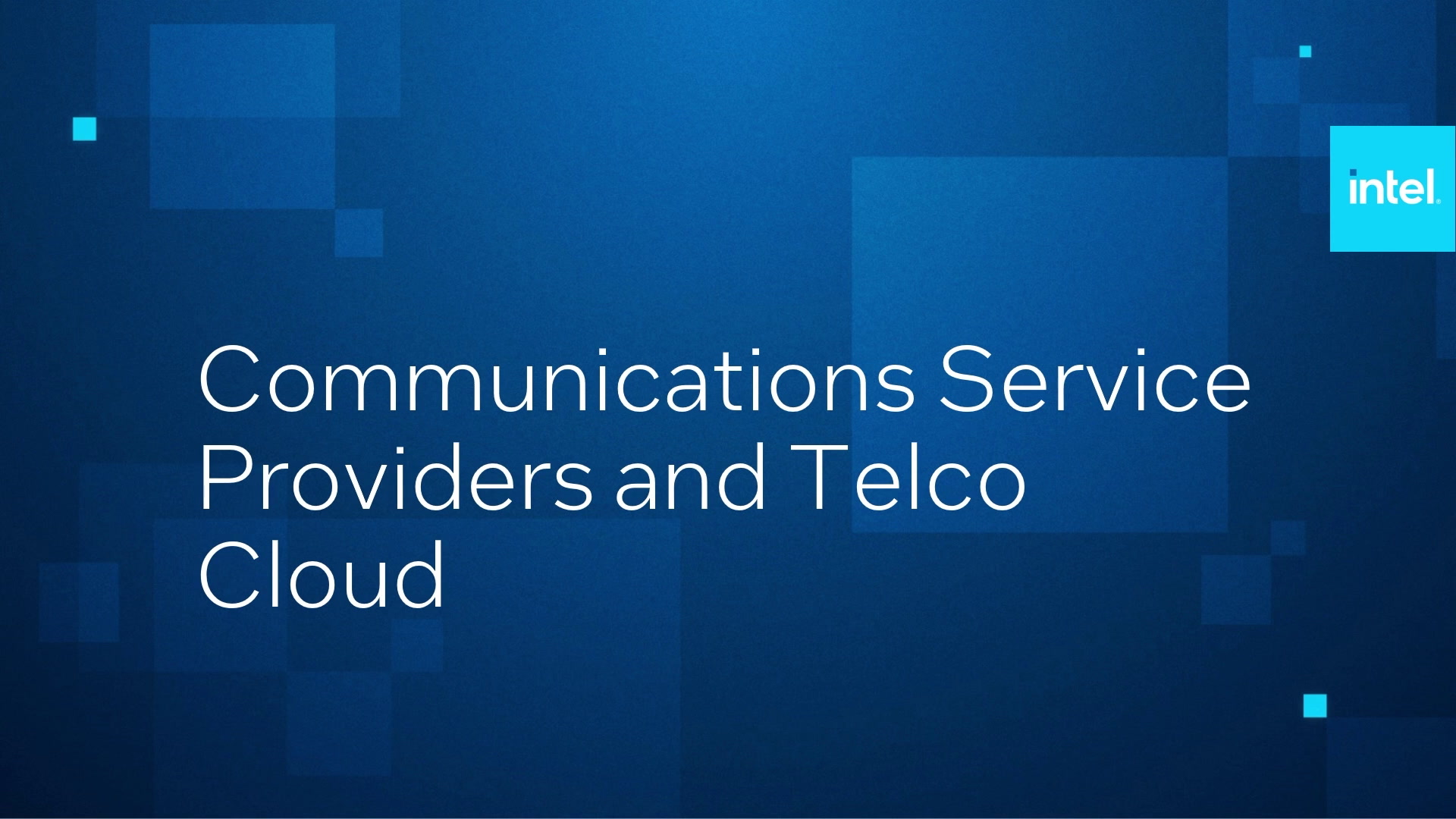A new vision for the edge: the Secure Edge-Native Architecture (SENA)
Webinars
Engagement / Ecosystem Webinars / Next-Gen Security Services with Inline AI Inference
Next-Gen Security Services with Inline AI Inference
Suiqiang Deng, PAN and David Lu, Intel
May 03 2022 | 46 mins
- Details
* Click on the video to see attachments pertaining to this webinar |
The stakes are high for enterprise cybersecurity teams because of the fast-evolving and insidious nature of malware attacks. Malware is morphing faster than a human can respond with thousands of new variants emerging daily. Attackers can modify their existing attacks using machine learning (ML)-based automation to create new variants that bypass signature-based security.
To address this challenge Palo Alto Networks (PAN) is building advanced ML-based inferencing capabilities to enable its Edge and Cloud-Delivered Security Services to become more responsive and predictive. While ML-based inferencing is the answer, this workload can be compute-intensive. This webinar session will focus on the collaboration between PAN and Intel to leverage Intel AI technologies in order to optimize the inference performance by optimally using Intel® Architecture CPUs and ML software frameworks. Results of this collaboration will be reviewed and attest to how inference time can be reduced by as much as 6X, using the same server socket used for other workloads.
Presenters:
- Suiqiang Deng, Distinguished Engineer & Architect, Palo Alto Networks
- David Lu, Platform Solution Architect, Intel
-
Intel® Network Builders University
-
Intel® Network Builders Newsletter
-
Intel® Network Builders Ecosystem Webinars
-
Intel® Network Builders Winners’ Circle Program
-
Using AI to Detect Malicious C2 Traffic
-
How to improve the performance with Intel® oneDNN and Intel® Neural Compressor under TensorFlow
-
AI Technologies – Unleash AI Innovation in Network Applications Solution Brief
-
Transcript of this webinar presentation PDF document
240 KB
-
Palo Alto Networks Nebula release
-
PDF of this webinar presentation PDF document
978 KB












